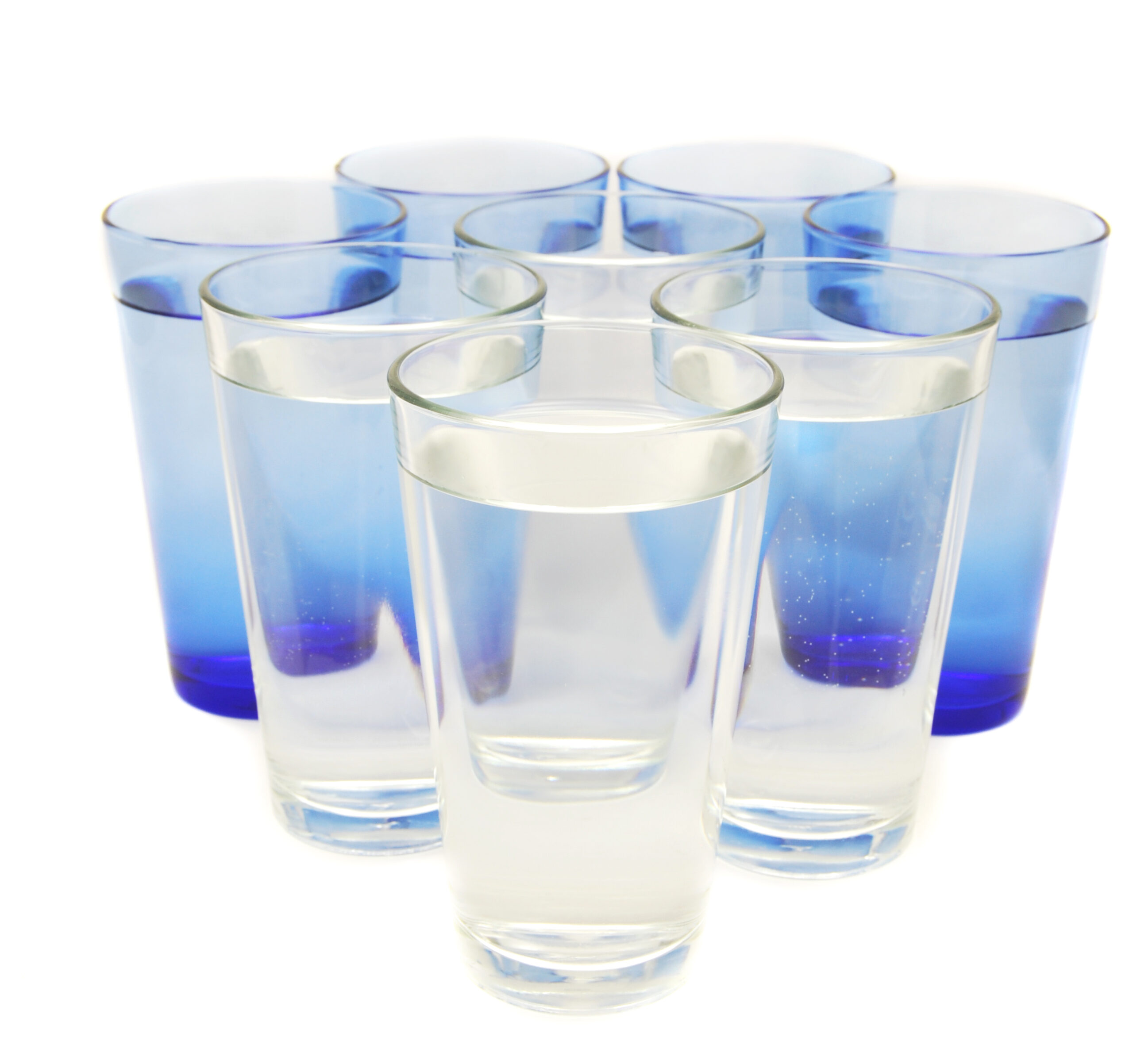
August 27, 2024
Episode #14: Eight glasses of water/day-important guidance or urban myth?
Listen on: Apple Podcasts | Spotify | Amazon Music | Podcast Index | Overcast | YouTube
What you’ll find in this episode:
0:52 Introduction and take home messages
6:43 How our body uses water (and how much)
18:09 Test how much water you might need in yourself (N of 1 trial)
Introduction
Our bodies are 60% water and water is really important. But, It is not clear the origin of drinking 8 glasses of water per day. There were no studies that scientifically show that this number is the correct amount. I vote that it is an “urban myth.” Good report summarizes important information about how our body uses water
But, water is crucial for us, just not that mythical amount. Our body uses water in the following ways:
- urine to excrete byproducts of what we eat (perhaps 2-3 glasses of water per day needed)
- respiratory loss (perhaps 1 cup/day)
- “insensible loss”-sweating to maintain body temperature (wide range depending upon temperature–2 glasses of water/day up to 1 gallon or more)
- stool perhaps 1/2 cup of water per day
My take on the scientific evidence:
1. The body is amazing at controlling our water balance. Trust it! There is no evidence based reason to focus on getting 8 glasses of water each day. And, we get substantial fluids from our food/morning coffee/milk or sodas at meals…
2. If you are thirsty, drink. If your urine has gotten much darker, then perhaps drink. Otherwise trust your body
3. these observations don’t apply if you have kidney disease or are elderly. Ask your doctor.
Tasty water “tidbits”: drinking extra water each day…
- does not seem to make our skin look young and full (might hydrate it a little but not clear if it looks better)
- does not seem to affect our joints/cartilage (no evidence found here…)
- does not reduce dry eyes
- probably doesn’t help us eat less
- DOES reduce the risk of recurrent urinary tract infections

Scientific research underscores the intricate interplay between lifestyle factors and human health. Exercise, a cornerstone of well-being, enhances cardiovascular health, boosts mood, and promotes cognitive function. Coupled with proper nutrition, it fosters optimal physical performance and supports immune function. Beyond the individual, social ties exert profound effects on health, buffering against stress and enhancing longevity. Meanwhile, exposure to hot and cold environments elicits physiological adaptations, bolstering resilience and metabolic efficiency. Adequate sleep, essential for cognitive consolidation and metabolic regulation, underscores the importance of restorative rest. Moreover, the mind-body harmony underscores the intricate relationship between mental and physical health, highlighting the profound impact of mindfulness and stress management on overall well-being. Integrating these factors into daily life cultivates a holistic approach to health promotion and disease prevention.